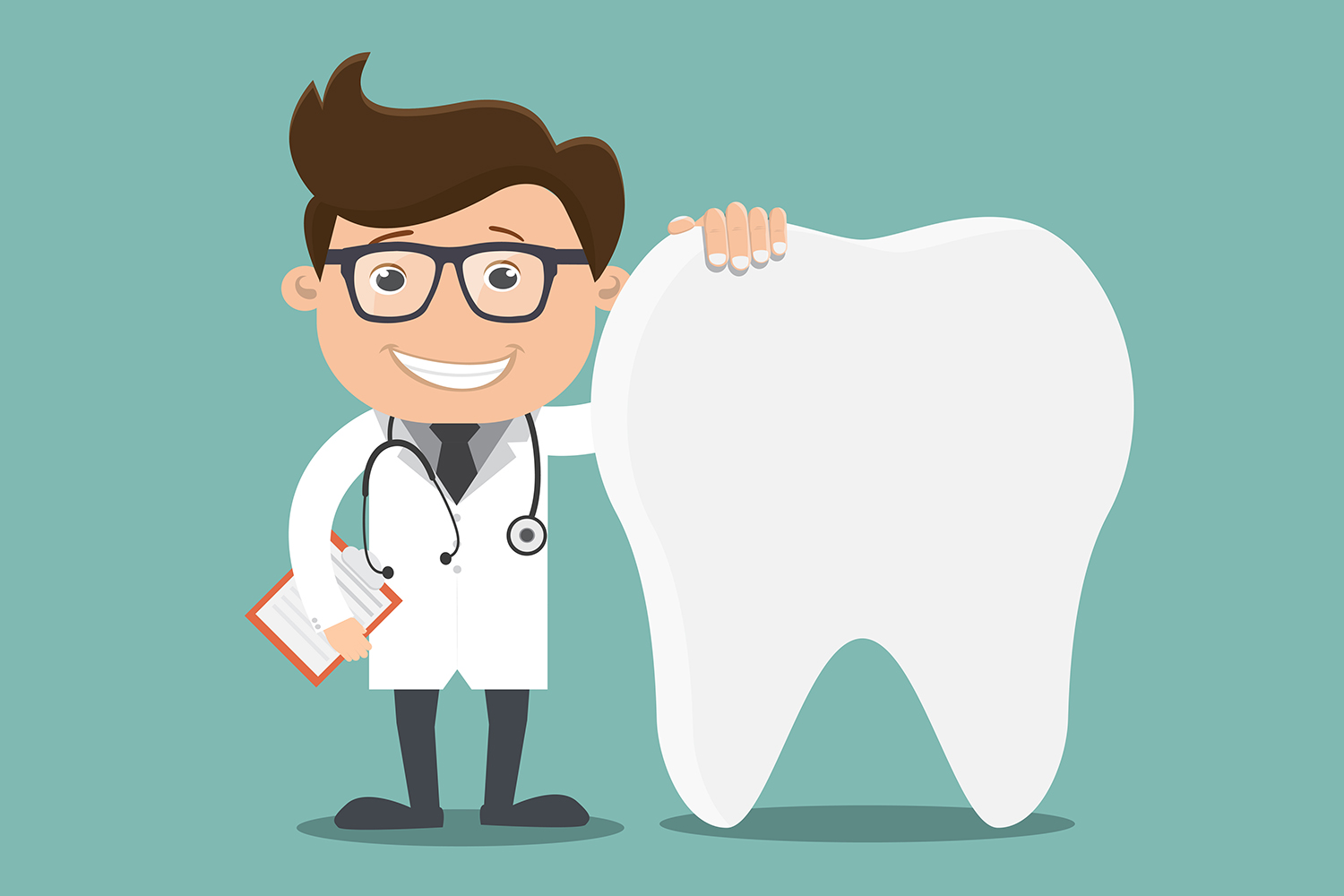Affordable Dental Care Options from Leading Dentists Eugene
Affordable Dental Care Options from Leading Dentists Eugene
Blog Article
Learn Regarding Frequent Oral Worries Your Dental Practitioner Can Settle
Understanding regular oral worries is vital for maintaining optimal dental health. Concerns such as dental caries, gum tissue illness, tooth sensitivity, poor breath, and tooth decay are typical yet often neglected up until they end up being extreme. Routine oral gos to and customized care plans can deal with these troubles properly, guaranteeing a healthier and brighter smile.
Tooth Cavities
Tooth cavities, also referred to as dental caries, are a widespread dental health and wellness problem triggered by the demineralization of tooth enamel due to acid manufacturing from microbial plaque. This process begins when microorganisms in the mouth metabolize sugars and starches from food, generating acids that wear down the enamel. Otherwise dealt with quickly, this erosion can pass through much deeper into the tooth, impacting the dentin and ultimately the pulp, possibly causing extreme discomfort and infection.
The very early phases of cavity formation usually present as white places on the tooth surface, indicating initial demineralization. As the process advances, these areas can create into brownish or black lesions, indicating more extensive degeneration. Normal dental examinations are vital for early detection, as tooth cavities in their incipient stages can be treated with remineralization strategies, such as fluoride therapies.
As soon as a cavity has actually created, restorative treatment is needed. Dentists normally remove the decayed part of the tooth and fill the cavity with materials such as composite material, amalgam, or ceramic. In more severe situations, a crown or origin canal therapy might be needed. Safety nets, including great oral hygiene techniques and nutritional modifications, play a pivotal function in alleviating the danger of dental caries.
Periodontal Condition
While dental caries represent a significant concern for oral health, another critical problem that demands interest is gum tissue disease. Recognized as gum illness, gum disease is an inflammatory condition influencing the tissues surrounding and supporting the teeth. It is primarily triggered by the buildup of plaque-- a sticky movie of microorganisms that bases on teeth.
Gum tissue condition progresses through phases, beginning with gingivitis, identified by soreness, swelling, and hemorrhaging gum tissues (dentist in eugene oregon). If left neglected, gingivitis can intensify to periodontitis, where the inner layer of the periodontal and bone draw away from the teeth, creating pockets that end up being infected. Gradually, the contaminants created by the bacteria damage down the bone and connective tissue that hold teeth in place, possibly bring about tooth loss
Very early detection and therapy are vital. Professional dental cleanings and enhanced oral hygiene practices, such as brushing two times day-to-day and flossing, can take care of gingivitis. For advanced stages, treatments may consist of scaling and root planing, prescription antibiotics, or perhaps surgical interventions.
Routine oral exams play a critical role in avoiding and handling gum disease. Dental practitioners can determine very early indications and recommend ideal treatments, ensuring the upkeep of healthy and balanced gum tissues and total oral health.
Tooth Level Of Sensitivity
Tooth level of sensitivity influences numerous people worldwide, providing an usual yet often traumatic dental concern. This condition occurs when the enamel, the outermost protective layer of the teeth, is compromised, exposing the underlying dentin. The dentin includes microscopic tubules that lead directly to the dental pulp, where nerves stay. When revealed to stimuli such as hot, chilly, wonderful, or acidic substances, these nerves are activated, causing sharp pain or discomfort.
Several elements add to enamel disintegration and succeeding tooth sensitivity, including hostile brushing, acidic foods and drinks, gum economic downturn, and bruxism (teeth grinding) Furthermore, dental procedures such as teeth whitening can momentarily increase sensitivity.
Halitosis
Another prevalent oral concern that influences individuals' everyday lives is negative breath, clinically termed halitosis. Halitosis frequently originates from poor oral health, which allows food bits to remain in the mouth, cultivating bacterial growth.

Dental practitioners play a critical duty in dealing with and diagnosing bad breath. They can identify the origin through a thorough examination and provide tailored suggestions and therapy strategies. Recommendations might involve enhancing dental hygiene practices, such as normal cleaning and flossing, utilizing antibacterial mouthwashes, staying hydrated, and addressing any kind of dental concerns. In some cases, a reference to a professional may be required to tackle underlying illness adding to bad breath. Effective monitoring of bad breath not just improves dental health but likewise dramatically boosts lifestyle.
Dental Caries

Protecting against dental caries includes a mix of good dental health practices and routine dental exams. Brushing teeth at the very least two times daily with fluoride toothpaste, flossing to eliminate plaque in between teeth, and limiting the consumption of sugary foods and drinks are essential precautionary actions. Fluoride treatments, dental sealants, and expert cleansings supplied by a go now dentist can additionally play a considerable function in strengthening enamel and protecting against degeneration.
Dental experts can remove corroded cells and bring back the tooth with dental fillings made from materials such as composite material, amalgam, or porcelain. By dealing with tooth degeneration without his response delay, dental practitioners help preserve oral structure and feature, ensuring long-lasting oral health and wellness.
Final Thought
Resolving typical oral problems such as tooth cavities, gum tissue illness, tooth sensitivity, halitosis, and dental cavity is vital for maintaining optimal oral health and overall health. Dental experts have the expertise to diagnose and deal with these issues effectively, making certain tailored care for each patient. Routine preventative measures and oral exams are vital in identifying and managing these concerns early, advertising a much healthier and a lot more certain smile over a lifetime.
Tooth degeneration, also understood as dental decays, takes place when the enamel, the outer layer of the tooth, is eroded by acids generated by bacteria in you could check here the mouth. Brushing teeth at the very least two times daily with fluoride toothpaste, flossing to eliminate plaque in between teeth, and restricting the consumption of sweet foods and beverages are essential preventive procedures.Resolving usual oral concerns such as cavities, gum tissue disease, tooth sensitivity, poor breath, and tooth decay is important for keeping optimal dental health and wellness and overall health.
Report this page